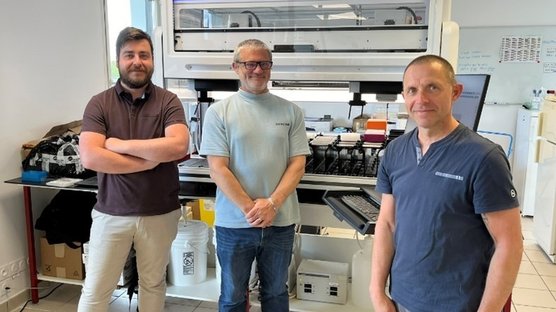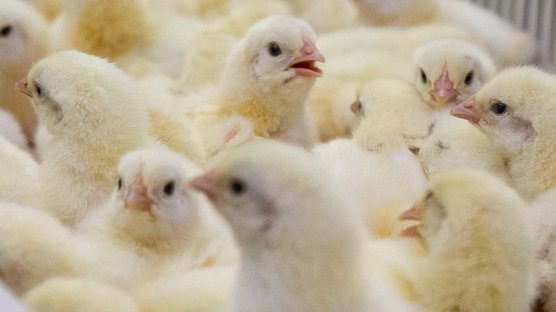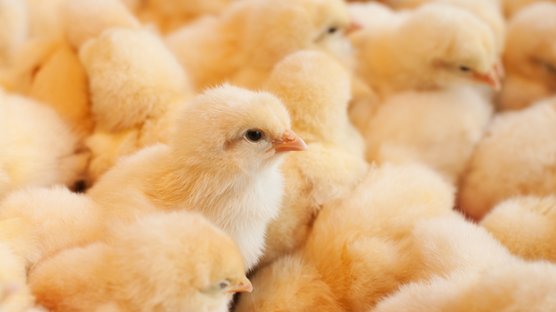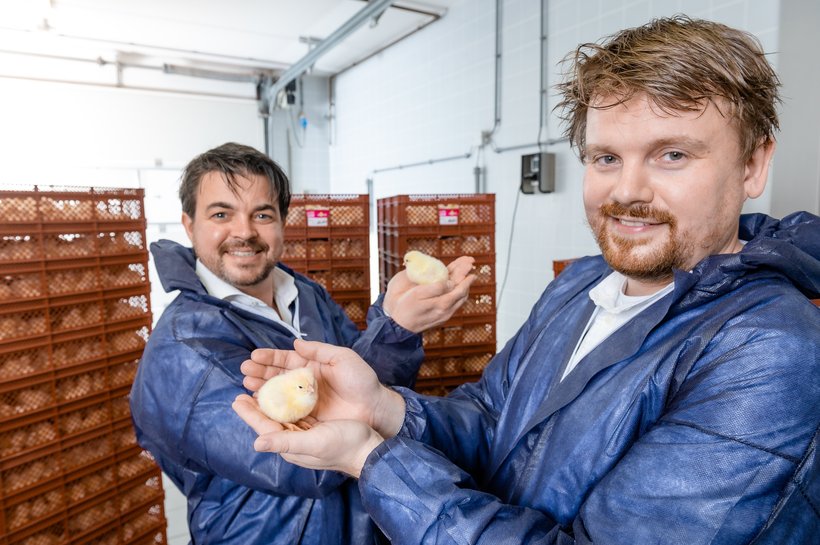
Published on April 25, 2023
Vepymo opts for In Ovo’s Ella® egg sexing technology
Vepymo, a distributor of the Hendrix Genetics breeds in Belgium and the Netherlands will install In Ovo’s Ella® egg sexing technology equipment inside its hatchery coming summer. In Ovo is a Dutch AgTech scaleup based in Leiden that develops high-tech solutions to improve animal welfare and sustainability in the poultry sector. In Ovo was founded in 2013, while the idea to work on a solution that could prevent the culling of day-old male chicks’ dates back from 2011. In that year, Wouter Bruins, one of the two founders and back in those days a biology student at Leiden University, interviewed a poultry farmer for a course called Science Based Business, which Wouter took together with Wil Stutterheim (founder number 2). The poultry farmer told him about the day-old male chick dilemma, which prompted Wouter to start working on this.
From the very first beginning, the search was on for a technology that would be fast, inline, accurate and easy to scale up. Existing analytical methods, such as DNA analyses with PCR, were examined at first but these did not make it to the finish for these reasons. As with a PCR test for Covid-19, it was necessary to first wait for the result. However, the existing processes proved too slow and impractical for use inside a commercial hatchery where thousands of eggs are processed every hour. So, the two followed a different approach, they began to identify chemical substances (biomarkers) in the allantois fluid inside the egg that could be used to clearly determine the sex of the embryo. The allantois is a hollow sac-like structure filled with waste fluids from the developing embryo. The allantois helps the embryo exchange gases and handle liquid waste. Measuring a difference in concentration in this specific biomarker between eggs containing males or females was needed to identify the right gender. As soon as a proper biomarker was found, Wouter and Wil, with the support of Leiden University, turned to mass spectrometry as the proper method of analyzing the samples. One of the many advantages of mass spectrometry is the fact that the concentration can be analyzed very quickly (<1 s per egg), allowing eggs to be sorted immediately. To minimize the impact on the incubation and hatching process, the Ella gender-identification line is not only heated but also fully automated: inspection, sampling, and analysis are all done inline. The eggs remain in the standard setter trays as much as possible. As a result, very stable results are achieved with Ella®. With Ella®, the company’s pioneering innovation, the first “girls-only” chicks were hatched in 2020. Since then, many improvements have been implemented to further optimize the machine. The Dutch Hatchery Het Anker was the very first hatchery around the globe where Ella® has been installed, since its installation already hundreds of thousands in ovo sexed female chicks have been born at het Anker and distributed over the Netherlands and Germany. Currently, Ella® is being installed at the Vepymo hatchery in Belgium, and it is expected that the first in ovo sexed female chicks will be born in the 2nd half of 2023.
Currently In Ovo is expanding their team (45 employees now) to fulfill the growing demand for their Ella® machines. Aside from Ella®, In Ovo has a pipeline of other innovations to further increase its impact. In Ovo remains an independent player in the egg sector, with main investors being Evonik, ECBF, Leiden University, VisVires New Protein and Demcon. This is how Ella® works • Ella is a so-called inline solution. The unsorted eggs go into the machine, the sorted eggs come out. • The eggs first go into a candling machine. It removes all unfertilized eggs. • A camera system is used to position each egg so that the subsequent puncture can be made in the correct place. • A small needle makes a hole in the shell. A tiny drop of allantois liquid is removed. The hole is closed immediately. • The concentration of a patent-protected biomarker is measured in the mass spectrometer to determine gender. • The male eggs are sorted out and used for animal feed. The female eggs are automatically transferred to an incubator. Especially in Europe, the USA and Canada, consumers and NGOs criticize the killing of male chicks. In Germany, it has been banned since January 1st, 2022. In France, the ban is in place since the beginning of 2023. These two countries have also proposed an EU-wide ban, supported by several other EU member states. Meanwhile, In Ovo is working to further improve its technology. This includes even faster processing of eggs and earlier sex identification. Currently, Ella can determine the sex of the chick on the ninth day after incubation. The aim is to be able to sort out the male eggs on the sixth day, as required by the new law in Germany. “We want to develop the technology further together with customers,” says In-Ovo founder Bruins.
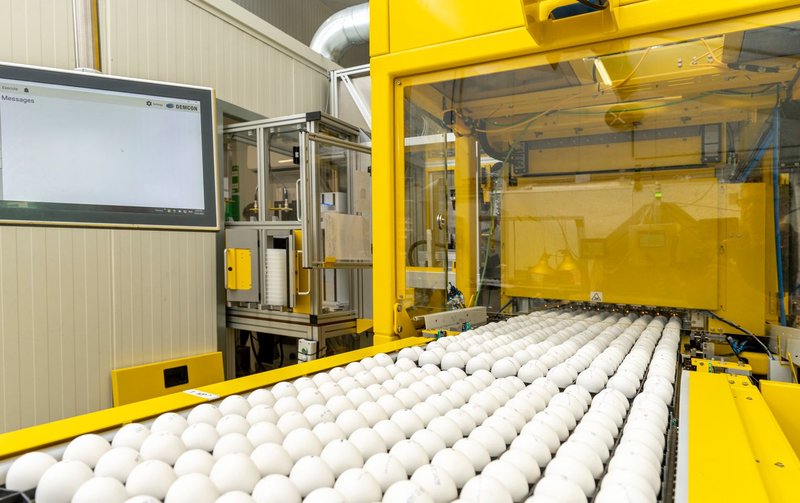
close-up of In Ovo's Ella®

